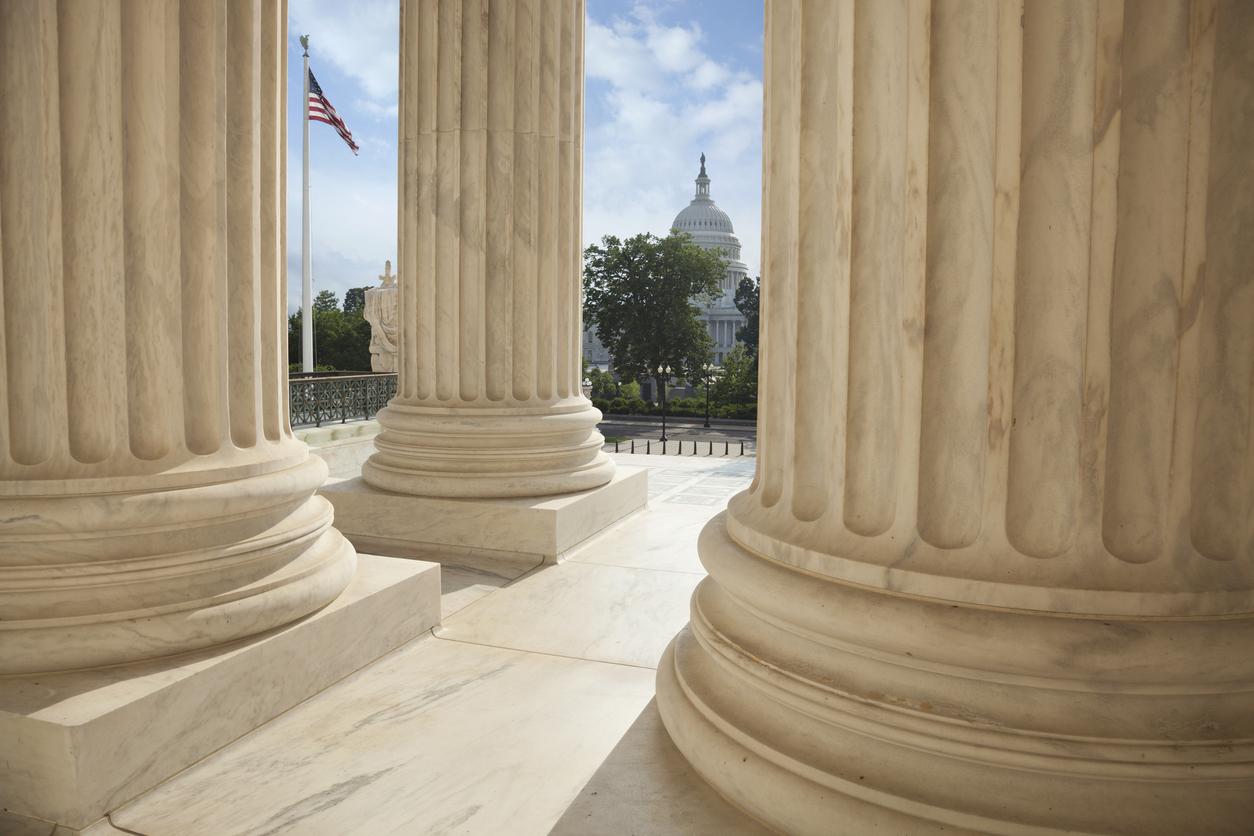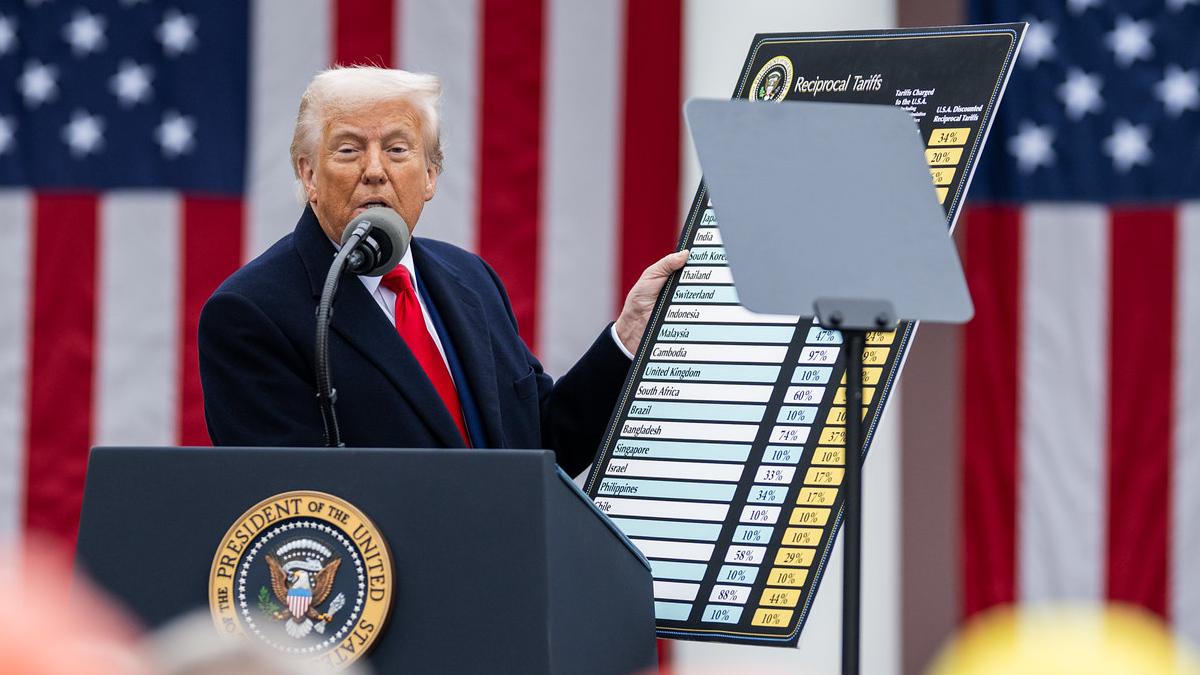US government says SCOTUS should hear ‘skinny label’ case

The White House has told the US Supreme Court that it should hear a hotly-contested lawsuit between Teva and GSK that could have ramifications on the ability of generic drugmakers to bring new products to market.
It has been several months since Teva asked SCOTUS to look at a judgment in the $235 million patent dispute with GSK over heart drug Coreg (carvedilol), and the amicus brief by the US Solicitor General looks likely to make it happen.
The case pivots around the concept of “skinny labelling”, where a generic drugmaker seeks approval for a copycat version of a drug that omits any indications still covered by patents held by the brand owner.
Skinny labels were introduced to stop drugmakers extending the exclusivity period for their branded medicines – through a stream of new indications or patient populations known as ‘evergreening’– that can be protected with so-called ‘use’ patents.
GSK sued Teva over its marketing of a Coreg generic whose label covered two of three of the branded product’s indications, but excluded congestive heart failure, in 2014. While Teva argued that removing one indication from the label was enough to prevent it infringing on GSK’s IP, a jury trial went in favour of GSK in 2017, awarding it $235 million in damages.
That verdict was later overruled, but went to appeal and GSK won again in 2021, with the court agreeing that Teva’s label and marketing materials were encouraging doctors to prescribe the drug for CHF, as well as its two other indications (high blood pressure and left ventricular dysfunction after a heart attack).
Teva filed a petition with SCOTUS seeking a hearing on the case last year, saying that the appellate court judgment would wreak havoc with the use of skinny labels by generic drugmakers, arguing that the approach is widely used and is saving the US healthcare system billions of dollars a year.
GSK insists that is not the case, and that the outcome has no bearing on generic drugmakers who operate within the law.
In its brief, the Solicitor General begs to differ, writing: “A generic manufacturer’s labelling cannot provide the requisite evidence of specific intent to induce infringement in a case like this one, where the generic manufacturer has carved out the specific indication identified by the brand-name manufacturer as corresponding to the patented method of use that is alleged to be infringed.”
“The decision […] subverts the balance struck by congress, creates significant uncertainty for FDA and generic manufacturers, and invites gamesmanship by brand-name manufacturers,” it continues.













